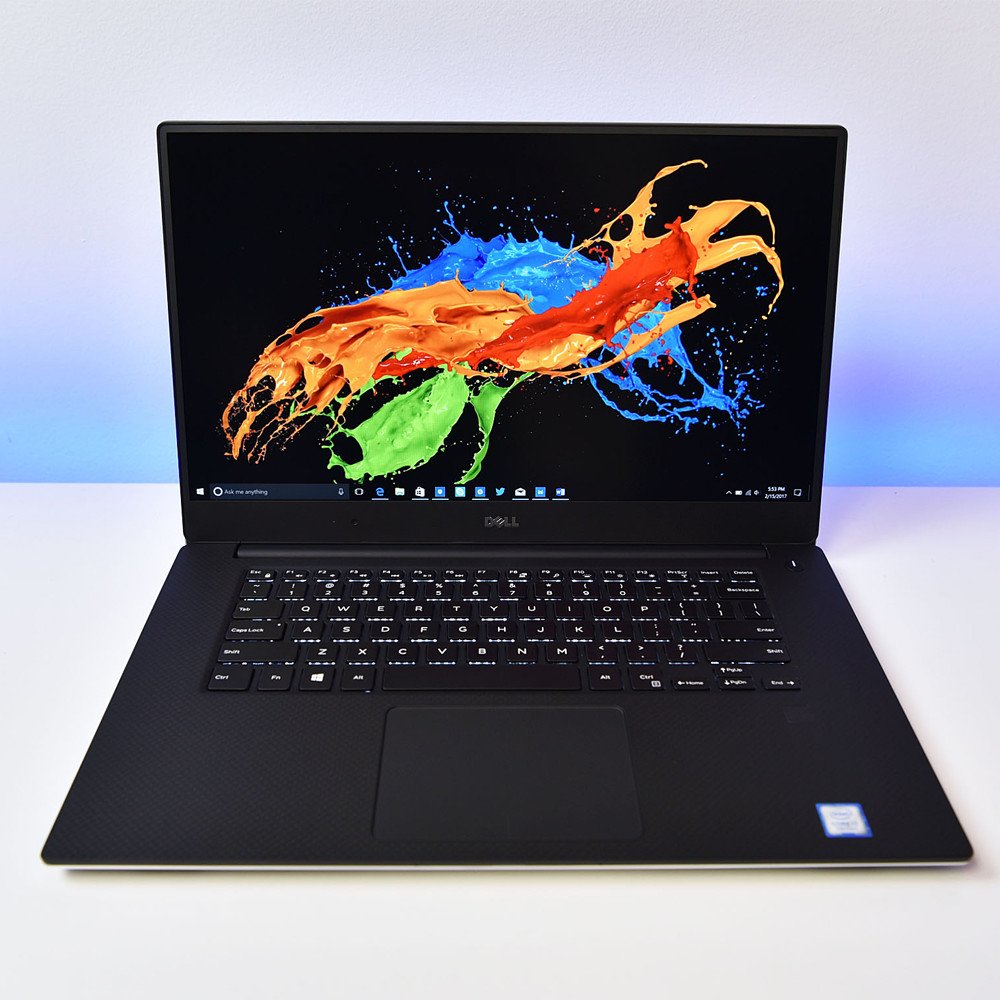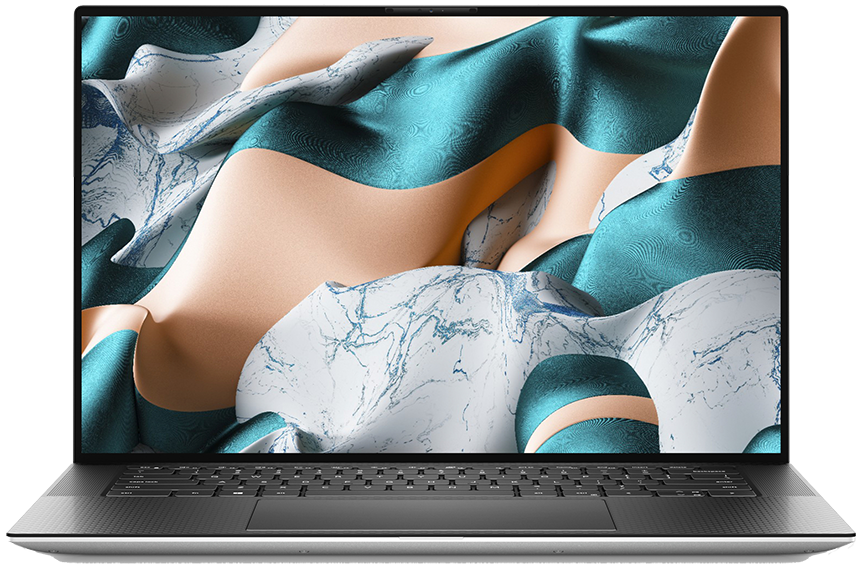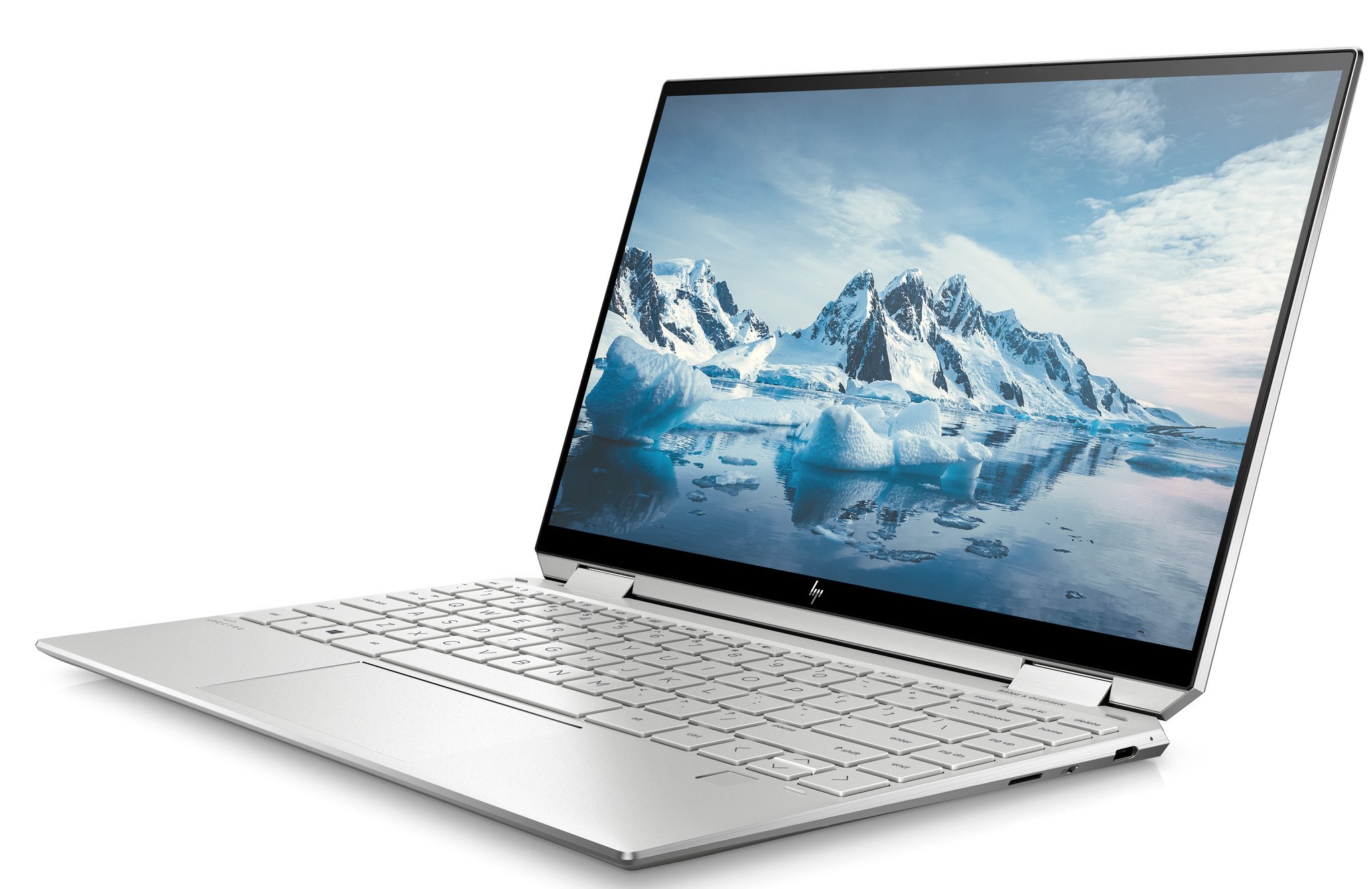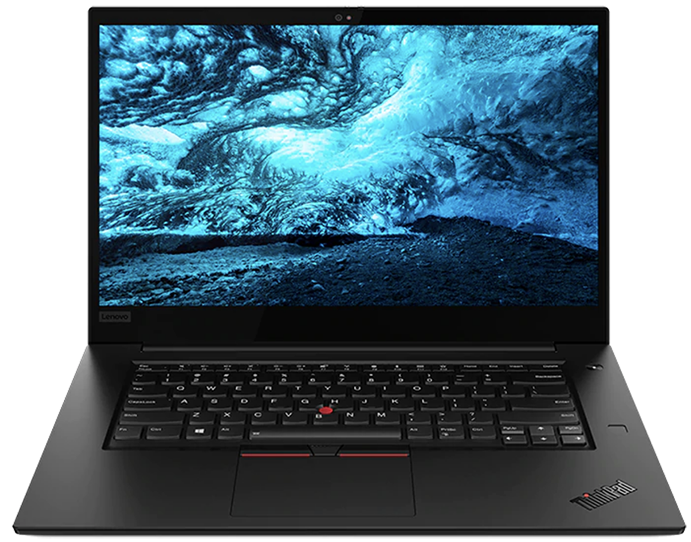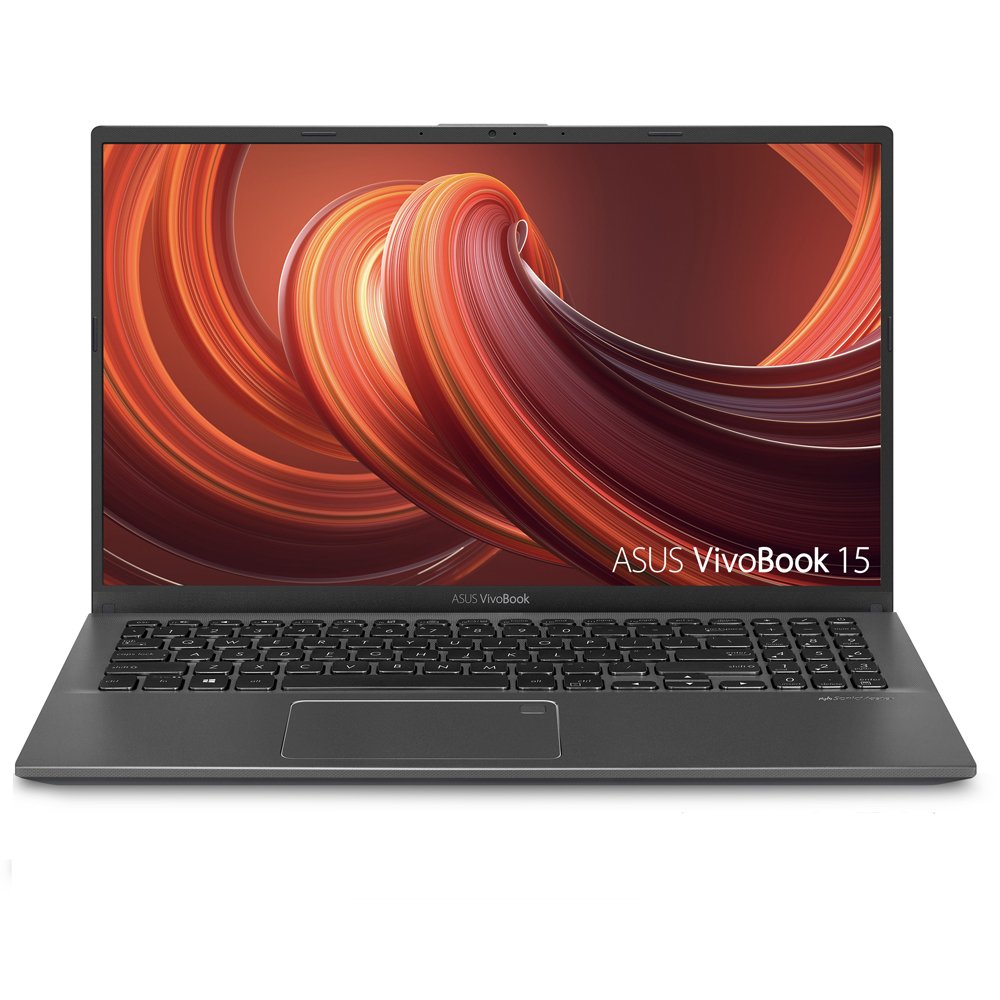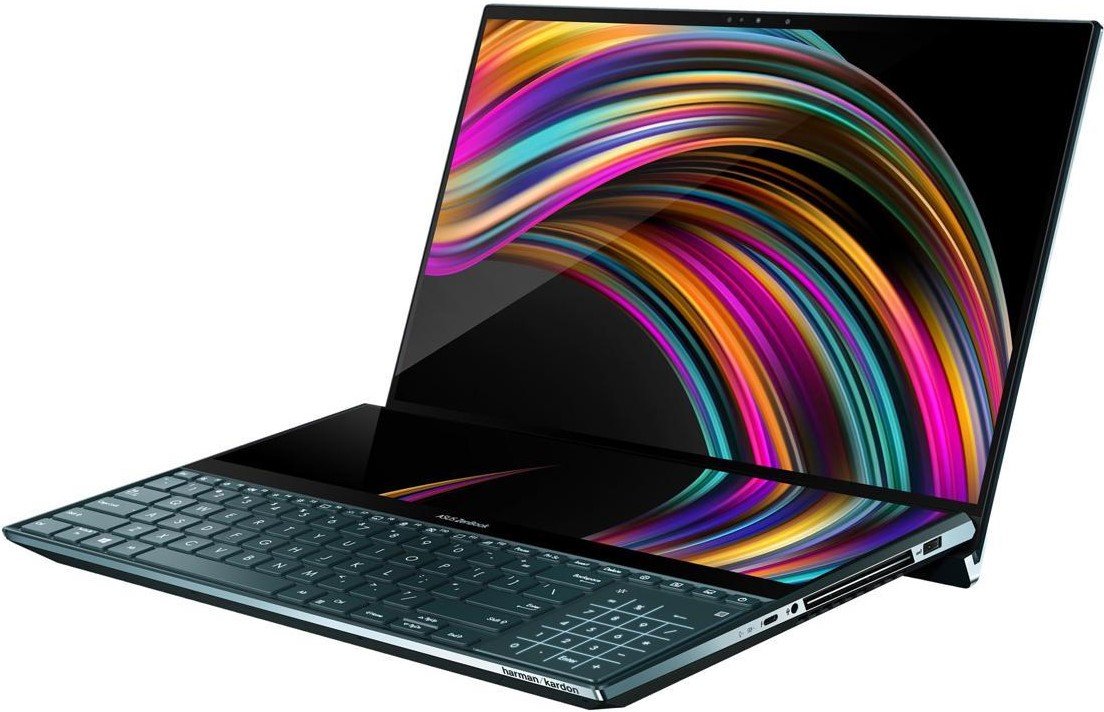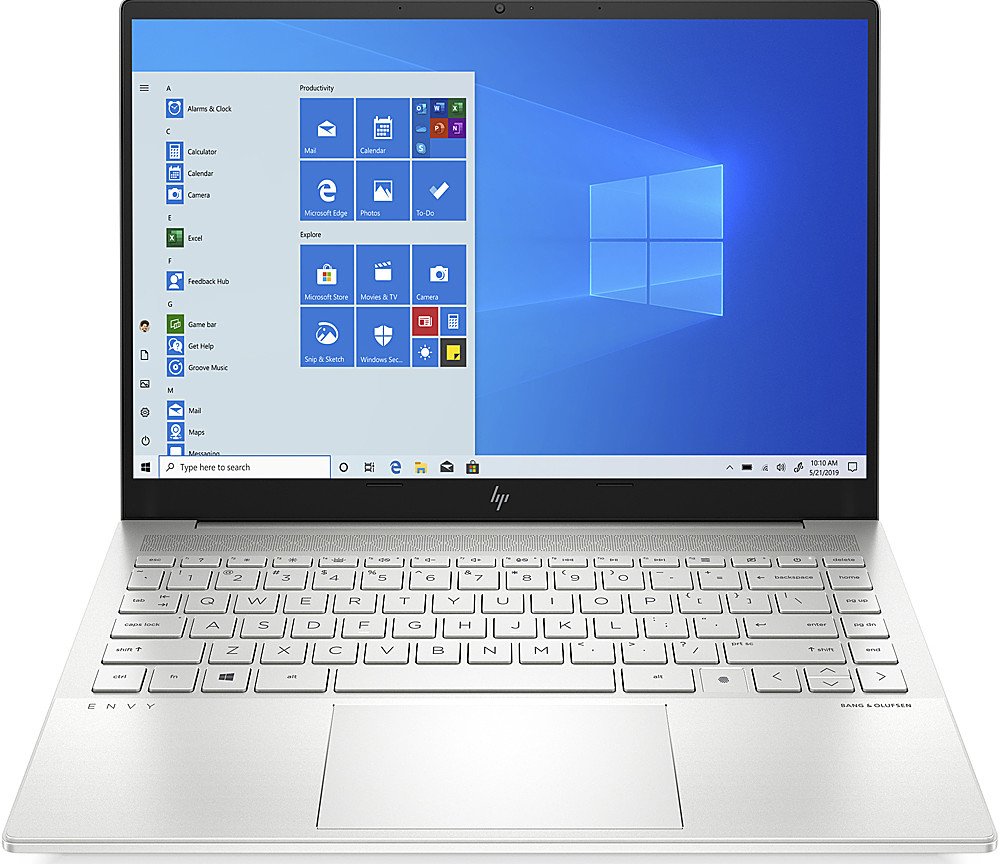 Source: Windows Central
Source: Windows Central
Best
laptops for video editing
Windows Central
2021
Laptops come in a whole manner of shapes and sizes, but for video editing and other intensive workloads, it’s all about the internals. Working with high definition (1080p) or even 4K content with gigabytes worth of data to process and effects to add and sample, you need a beefy machine with the best processor and discrete graphics, which is why the Razer Blade 15 Studio Edition is one of the best Windows laptops for working with video.

Razer’s most capable laptop used to be the Blade Pro 17, but that title now goes to the impressive Blade 15 Studio Edition. This beastly portable workstation houses powerful NVIDIA GPUs, with the option to go all out with a Quadro RTX 5000 GPU. This is the sort of performance you’d expect on a serious video editing workstation desktop, but it’s right here on a laptop.
There’s also the choice of 9th or 10th Gen Intel Core i7 processors, calibrated 4K display, and up to a 1TB SSD. It’s quite the specifications list. Oh, and I forgot RAM — which starts at just 16GB, but can be topped out at 64GB. And we’re not just talking video editing here either. The Blade 15 Studio will make mince work of digital artwork and even engineering software.
The display is a 4K OLED panel, rocking full touch support, HDR, as well as 100% DCI-P3 rating. This makes it quite a compelling display for visual work where color accuracy is essential. What’s more interesting is how Razer managed to cram all this into a thin notebook, coming in at just 0.70 inches thick and 4.88 pounds.
Just be wary of how pricey the Studio can get when you add the most expensive GPU option.
Pros:
- Amazing performance
- Powerful dedicated NVIDIA GPUs
- Gorgeous 15-inch display
- Sleek mercury design
Cons:
- Really expensive
- Subpar Battery life
- No Intel Core i9
Runner-up: Dell XPS 15 (9510)

The Dell XPS 15 has been a firm favorite of ours over recent years, along with its smaller sibling, the XPS 13. This latest iteration of Dell’s 15-inch notebook can be kitted out with up to 11th Gen Intel i9-11900H CPU, 64GB of DDR4 RAM, and a 2TB PCIe SSD, plus there’s the option to include an NVIDIA RTX 3050 Ti GPU with 4GB of GDDR6 VRAM. In other words: it’s almost perfect for video editing.
The design hasn’t changed since the last few models, and that’s not a bad thing as it still looks gorgeous and holds up well to what other manufacturers are rolling out. The only downside to the RTX 3050 Ti is the performance in games compared to gaming-focused Razer Blade laptops. However, this is still way more capable than integrated Intel graphics.
Pros:
- Loads of configurations
- Stunning display
- Powerful internals
- Gorgeous design
- Windows Hello
Cons:
- Slower in games
- Can get pricey
Best portable: HP Spectre x360 13

Sometimes you don’t need a massive 15-inch display for a laptop to get everything done. That’s where the HP Spectre x360 13 is a solid choice. It’s a premium convertible Ultrabook that offers some serious value when compared against studio-grade notebooks.
You’ve got all-day battery life, yet relatively reliable performance with the option of up to a 10th Gen Intel Core i7-1165G7 processor, 16GB of RAM, and a 2TB M.2 PCIe SSD. While it may be a smaller display, HP didn’t cut any corners here and offers a 1080p option or a $200 4K AMOLED upgrade, the latter being well worth it for video editing.
For connectivity, there are two Thunderbolt 3, USB-A 3.1, 3.5mm audio jack, as well as a microSD card reader. All your media and files will be secured using a fingerprint reader and IR camera, both supporting Windows Hello. The keyboard is excellent, so too is the Microsoft Precision-powered touchpad.
The Spectre x360 13 is a beastly convertible Ultrabook with considerable performance packed inside a gorgeous portable chassis.
Pros:
- Unique design
- All-day battery life
- Precision touchpad
- Wi-Fi 6
- Optional 4K AMOLED display
Cons:
- Not as powerful
- No discrete graphics
- A little pricey
Premium notebook: Lenovo ThinkPad X1 Extreme

Lenovo refreshed its ThinkPad X1 Extreme laptop with some enticing new features. First up is the display, which includes a beautiful 4K OLED panel with HDR and touch support. That display also has X-Rite Pantone color calibration, making it perfect for creative work like video editing.
You can configure the Lenovo X1 Extreme with up to an 11th Generation Intel Core i9 processor, NVIDIA GeForce RTX 3080 (MaxQ with GB GDDR5), and a whopping 64GB of RAM. The keyboard is excellent, the laptop looks premium, and there are other handy features like Wi-Fi 6 compatibility along with Windows Hello infrared and ThinkShutter.
Pros:
- Amazing keyboard
- Gorgeous design
- HDR support
- Plenty of RAM
- Dedicated NVIDIA GTX GPU
Best budget: ASUS VivoBook S15

If you want to save some money or happen just to be starting out, the more affordable ASUS VivoBook S is a great choice. It’s not the most powerful laptop in our collection, nor will it win any awards for the plastic (yet sturdy) build, but it houses a very capable integrated AMD Radeon Vega GPU at an affordable price.
The laptop looks more expensive than it is. Inside is an AMD Ryzen 5000 processor with an AMD Vega 8 GPU, and 8GB of RAM. It’ll be just good enough to play some games and should be able to handle some video editing as well. It’s let down by the dim display, and rather slow solid-state drive (SSD) write speeds.
You may want to pass on this laptop if you need one that will last for longer than a few hours, but it’s challenging to find a notebook with similar specs for a better price.
Pros:
- Premium style
- Solid build quality
- Plenty of ports including USB-C
- AMD Ryzen 5000 CPU
Cons:
- Dim display
- Battery life
- Slow SSD
Best workflow: ASUS ZenBook Pro Duo

This interesting laptop from ASUS has it all. The ZenBook Pro Duo (wee reviewed the ASUS ZenBook Duo) rocks a gorgeous 4K display, 9th Gen Intel Core i7-9750H CPU, 16GB of RAM, dedicated NVIDIA RTX 2060 GPU, and 1TB worth of speedy SSD storage. That all ticks many boxes for video editors looking for a new portable machine. There’s even Wi-Fi 6.
We’re not done with the specifications, however, since the Pro “Duo” has a trick up its hinge. Not only is there the fantastic 4K display, but also a smaller secondary panel located just above the keyboard and touchpad. This is where the magic truly comes to life with the ZenBook Pro Duo.
The ScreenPad Plus, as ASUS likes to call it, is essentially a secondary panel that stretches from one side of the laptop to the other. It’s not the highest resolution display around, nor will it win any awards for brightness, but it does allow you to pin apps and other useful tools for quick and convenient access. Think of it as having multiple extended displays on a single laptop.
For ports, the ZenBook Pro Duo houses two USB-A 3.0, a single USB-C 3.1, HDMI, Thunderbolt 3, and a 3.5mm jack for audio. Overall, the ZenBook Pro Duo is a unique, capable machine that’s best suited to professionals who desire to improve their productivity.
Pros:
- Intel Core i7-10870H CPU
- NVIDIA RTX 2060 GPU
- Large 1TB SSD
- Secondary display panel
- Attractive price
Best value: HP ENVY 14

The HP ENVY 14 has a mammoth task as HP positioned it against the MacBook Pro from Apple, the same notebook countless professionals flock to for their daily productivity fix.
The new ENVY 15 comes rocking up to an 11th Gen Intel Core i5-1135G7 or Core i7-1165G7, making it a high performer in benchmarks and intensive applications. You can also kit it out with up to an NVIDIA GTX 1650 Ti Max-Q with 4GB GDDR6 and 16GB of RAM. Throw in a great 16:10 1920×1200 panel for a bonus.
If you’re on the fence for a more value-driven option, the ENVY 15 is one you should hold out for and the only drawback we found in our review is the lack of a 4K display option. This isn’t ideal if you’re planning to work with content at that resolution, but for value, you could do much worse than the ENVY 15.
Pros:
- Strong performance
- Color-accurate 16:10 display
- Affordable starting price
- Outstanding design
- Excellent keyboard and audio
- Very good battery life
Cons:
- No 4K display option
- Aggressive coil whine
Bottom line
When you’re looking for the best laptop to do some video editing on, you could do much worse than the excellent Razer Blade 15 Studio Edition, rocking plenty of power to get through even more demanding rendering workloads. The Dell XPS 15 is a worthy runner-up and can be configured to match what Razer offers in the Blade Pro.
Other laptops in our collection are worthy considerations for those who want to save a little money, need portability, or want a Surface device.
Credits — The team that worked on this guide
Rich Edmonds is a staff reviewer at Windows Central, which means he tests out more software and hardware than he cares to remember. Joining Mobile Nations in 2010, you can usually find him inside a PC case tinkering around when not at a screen fighting with Grammarly to use British words. Hit him up on Twitter: @RichEdmonds.

Daniel Rubino is the executive editor of Windows Central. He has been covering Microsoft since 2009 back when this site was called WMExperts (and later Windows Phone Central). His interests include Windows, Surface, HoloLens, Xbox, and future computing visions. Follow him on Twitter: @daniel_rubino.
Cale Hunt is a full-time writer for Windows Central, focusing mainly on PC hardware and VR. He is an avid PC gamer and multi-platform user, and when he has some free time, you can usually find him practicing guitar or reorganizing his ever-growing library. If you hear him say, “Sorry!” it’s only because he’s Canadian.
We may earn a commission for purchases using our links. Learn more.


